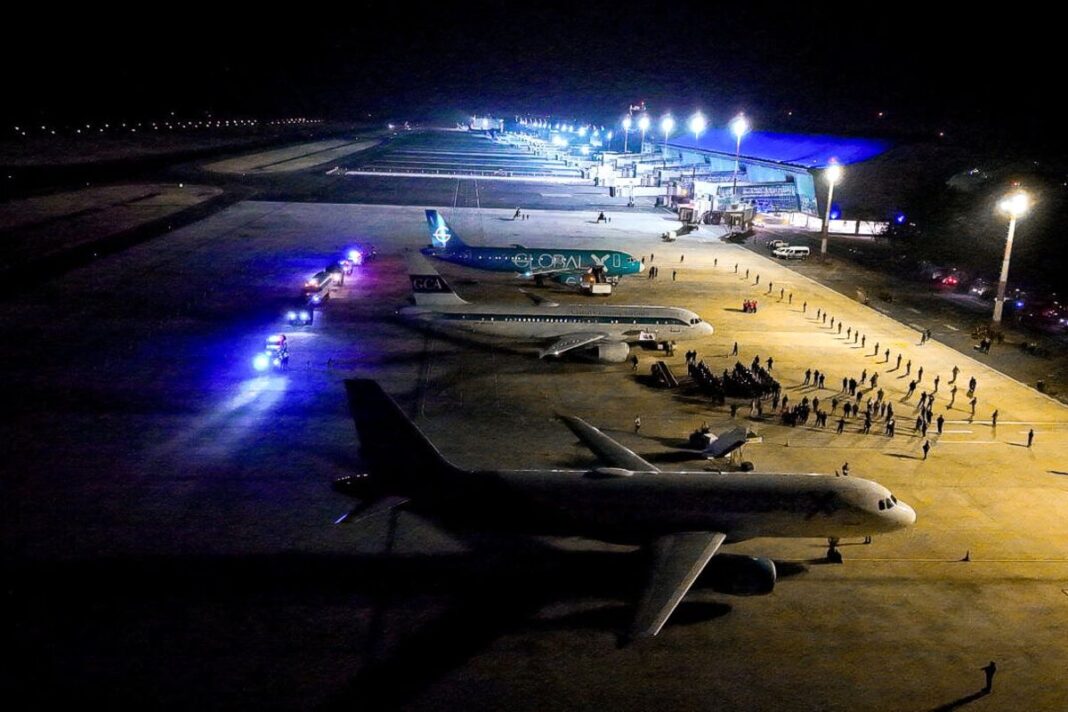Prosecutors say the information was handed over to an individual connected to the Chinese regime.
A former U.S. Army intelligence officer who had top secret security clearance was sentenced to seven years in prison on April 23 for conspiring to collect and sell national defense information to an individual he believed was affiliated with the Chinese Communist Party (CCP).
Korbein Schultz, 25, was “fully aware of the grave national security implications” when he used his position and access to restricted databases to download and transmit at least 92 sensitive U.S. military documents, the U.S. Attorney’s Office for the Middle District of Tennessee said.
Schultz, of Wills Point, Texas, pleaded guilty in August 2024 to multiple charges, including conspiring to collect and transmit national defense information, unlawfully exporting controlled information to China, and accepting bribes in exchange for sensitive, non-public U.S. government information.
“This defendant swore an oath to defend the United States — instead, he betrayed it for a payout and put America’s military and service members at risk,” Attorney General Pam Bondi said. “The Justice Department remains vigilant against China’s efforts to target our military and will ensure that those who leak military secrets spend years behind bars.”
According to court documents, Schultz was assigned to the 506th Infantry Battalion and had Top Secret/Sensitive Compartmented Information clearance.
Many of the documents he had access to in his role were labeled with warnings that they held technical data that was subject to export controls, court documents state.
Prosecutors said that between May 2022 and his arrest in March 2024, Schultz provided dozens of sensitive documents and data related to U.S. military capabilities to an unnamed Chinese national residing in Hong Kong.
Despite “clear indications” that the individual was likely connected to the Chinese regime, Schultz continued to hand over the documents and data in exchange for approximately $42,000, according to officials.
Among the documents Schultz gave the individual were those regarding his Army unit’s operational order before it was deployed to Eastern Europe in support of NATO operations; lessons learned by the U.S. Army from the ongoing Russia–Ukraine conflict that were applicable to Taiwan’s defense; technical manuals for the HH-60 helicopter, F-22A fighter aircraft, and Intercontinental Ballistic Missile systems; and information on Chinese military tactics and the People’s Liberation Army Rocket Force.
Additionally, Schultz handed documents containing details on U.S. military exercises in the Republic of Korea and the Philippines, U.S. military satellites and missile defense systems such as the High Mobility Artillery Rocket System (HIMARS) and Terminal High Altitude Area Defense (THAAD), and tactics for countering unmanned aerial systems in large-scale combat operations.







